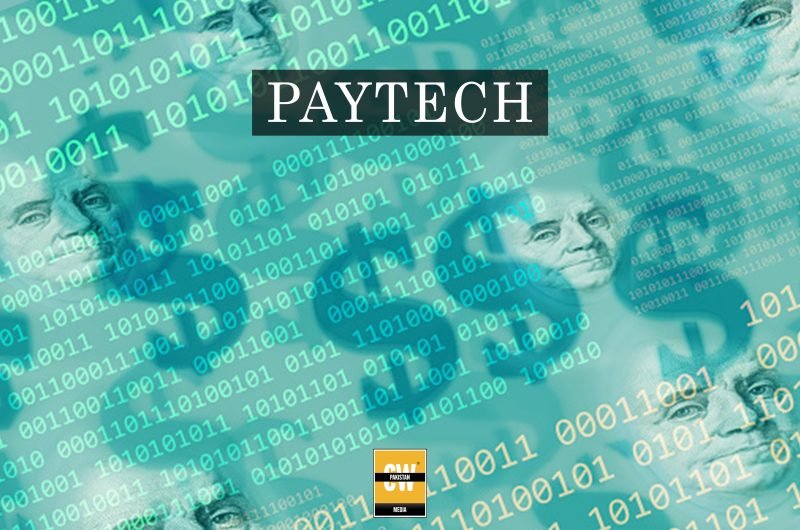KARACHI: State Bank of Pakistan (SBP) has announced an ambitious plan to route all government payments through Raast, the country’s instant digital payment system, by the close of fiscal year 2025-26. Speaking at the launch of a study titled ‘Merchant Payments on Raast: Responsible Pricing for Impact and Inclusion,’ SBP Deputy Governor Saleem Ullah confirmed that the central bank is moving aggressively towards this milestone as part of its wider digitalisation agenda.
To accelerate adoption, authorities have rolled out a three-year subsidy programme to support merchants joining Raast. For fiscal year 2025-26, the government has allocated Rs3.5 billion to ensure merchants face little or no cost in adopting digital platforms. The subsidy is structured to pay 0.5% of the value of each QR Code-based transaction or Rs100, whichever is lower. Officials said this would help scale person-to-merchant (P2M) transactions by easing merchant burden and encouraging greater participation. Saleem Ullah pointed out that Pakistan currently has over Rs11 trillion in cash circulating in the economy, and redirecting even Rs2.5 to Rs3 trillion of this into the banking system could deliver benefits for banks, fintechs, and the broader economy by reducing the size of the undocumented sector.
The deputy governor stressed that collaboration between government, financial institutions, fintechs, and merchants will be critical in what he described as a collective effort to reduce reliance on cash. He described the initiative as essential to promoting inclusive growth and building stronger digital ecosystems across Pakistan. The subsidy framework, he added, is intended not only to reduce entry costs but also to build trust and confidence among small and medium-sized businesses, many of whom have previously avoided digital transactions due to perceived costs.
The study presented at the event was conducted by the Better Than Cash Alliance in consultation with SBP, financial service providers, and industry stakeholders. L. Nshuti Mbabazi, Managing Director of the alliance, said Pakistan has the necessary infrastructure, connectivity, and institutional appetite to become a cashless economy within three years if policies remain consistent and supportive. She called for effective regulations that encourage inclusivity and ensure no sector is excluded from the transition.
Raza Matin of Pakistan Leads, Better Than Cash Alliance, shared that the study had recommended a 0.35% Merchant Discount Rate (MDR) floor across most sectors to sustain acquirers’ business models. It also suggested tailored pricing for sensitive sectors like fuel, education, and utilities, while proposing higher rates for higher-risk segments such as e-commerce. The report further recommended eliminating issuer interchange fees, introducing zero fees for microtransactions below Rs300, and assuring merchants that P2M data would not be used for tax enforcement in the early stages. He clarified that while merchant payments on Raast may involve fees, person-to-person transactions would continue to remain free, ensuring affordability for general users.
By pushing government payments and merchant transactions into the Raast ecosystem, authorities and stakeholders aim to accelerate the digitalisation of the economy and strengthen formal financial channels. The plan reflects an effort to curb cash dependency, expand financial inclusion, and enable long-term growth opportunities across sectors, while building the digital infrastructure needed for a modern financial system.
Follow the SPIN IDG WhatsApp Channel for updates across the Smart Pakistan Insights Network covering all of Pakistan’s technology ecosystem.









